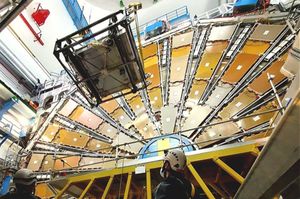In the presence of guests of honor Dr. Markus Söder, Minister President of Bavaria, Markus Blume, Minister of State for Science and the Arts, and Prof. Patrick Cramer, President of the Max Planck Society, the inauguration of the new institute…
Read more

